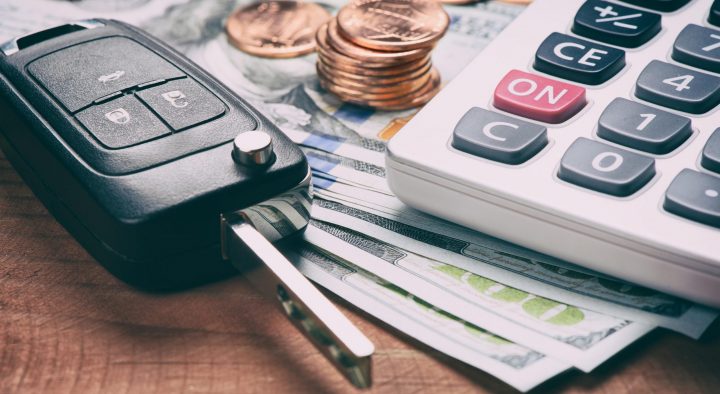Four in ten drivers do not consider depreciation when they are buying a car, according to a 2023 Opinium survey of 2,000 drivers.
Depreciation is the difference between what you pay for a car and the amount you can get back when you sell or trade it in and a new car generally loses approximately 20% of its value when it is driven off the forecourt, and then between 15 – 20% each year, but, different makes, models and even colours will all hold or lose their value differently.
Men (45%) were significantly less likely to consider depreciation than women (35%), as well as younger motorists under 34 years (46%) compared to over 55s (34%).
Ross Callander from InsuretheGap.com said, “We have seen some unusual patterns in depreciation in recent years. While second-hand petrol and diesel cars have been better at holding their value, second-hand electric cars have been tumbling in price.
“This may be because more are coming on to the market aged three years and over, which is also the time when the car’s battery life could be declining and batteries are expensive to replace. We’re also continuing to see consumer unease about taking the plunge to electric vehicles, until the charging infrastructure catches up, so this could also be allowing petrol and diesel cars to retain value better than in the past.”
Ross Callander continued,“Depreciation represents the decrease in the car’s value over time. When you buy a car, you’re making a significant financial commitment and understanding how quickly the vehicle depreciates helps you assess the long-term cost of ownership and make informed decisions about your budget. Cars that depreciate more slowly typically have higher resale values, allowing you to recoup more of your initial investment.
“Also, if you’re leasing a car, depreciation is a key factor in determining monthly lease payments. Lease agreements often take into account the estimated residual value (the value of the car at the end of the lease term), which is influenced by depreciation.”
He concluded, “Depreciation also affects the amount of money that car owners can claim from their insurance company if a car is written off or stolen. If a car is involved in accident and is written off an insurer will only pay out what it’s currently worth, rather than the amount paid for it. This could leave drivers owing money on outstanding finance agreements for a car that no longer exists.”


